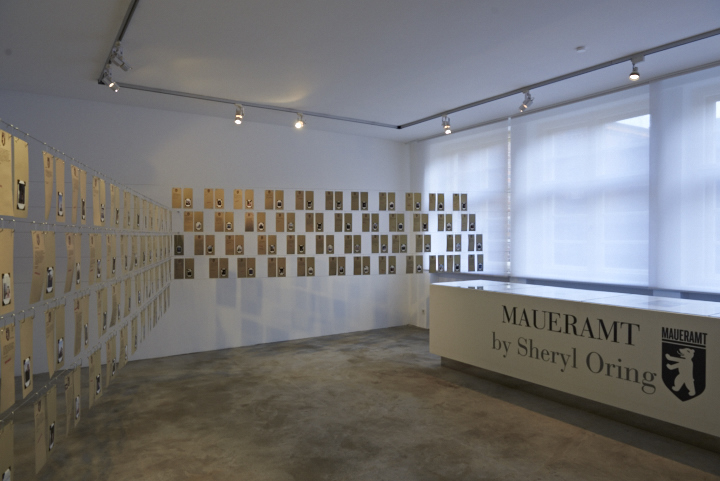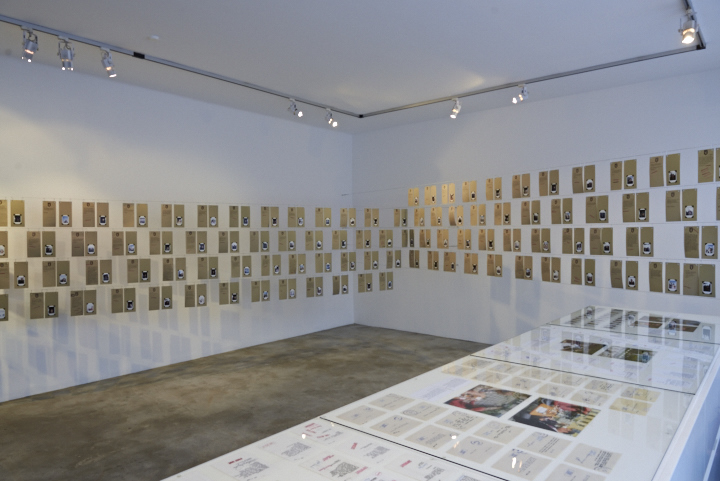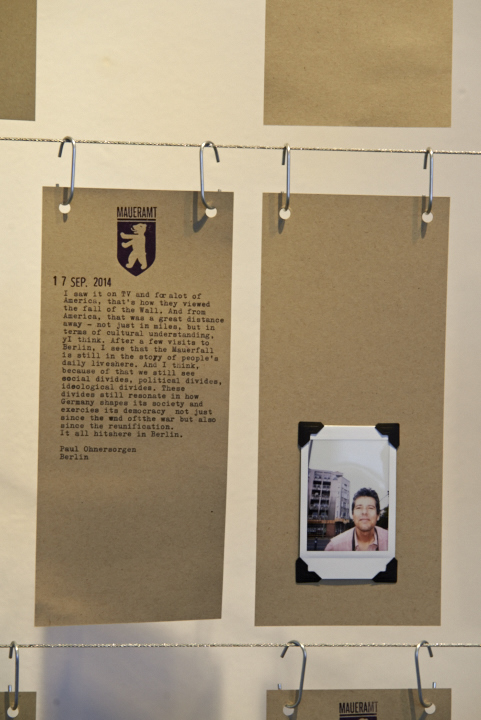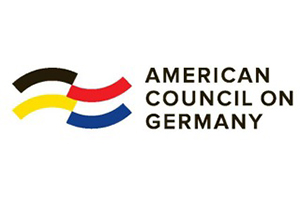Maueramt
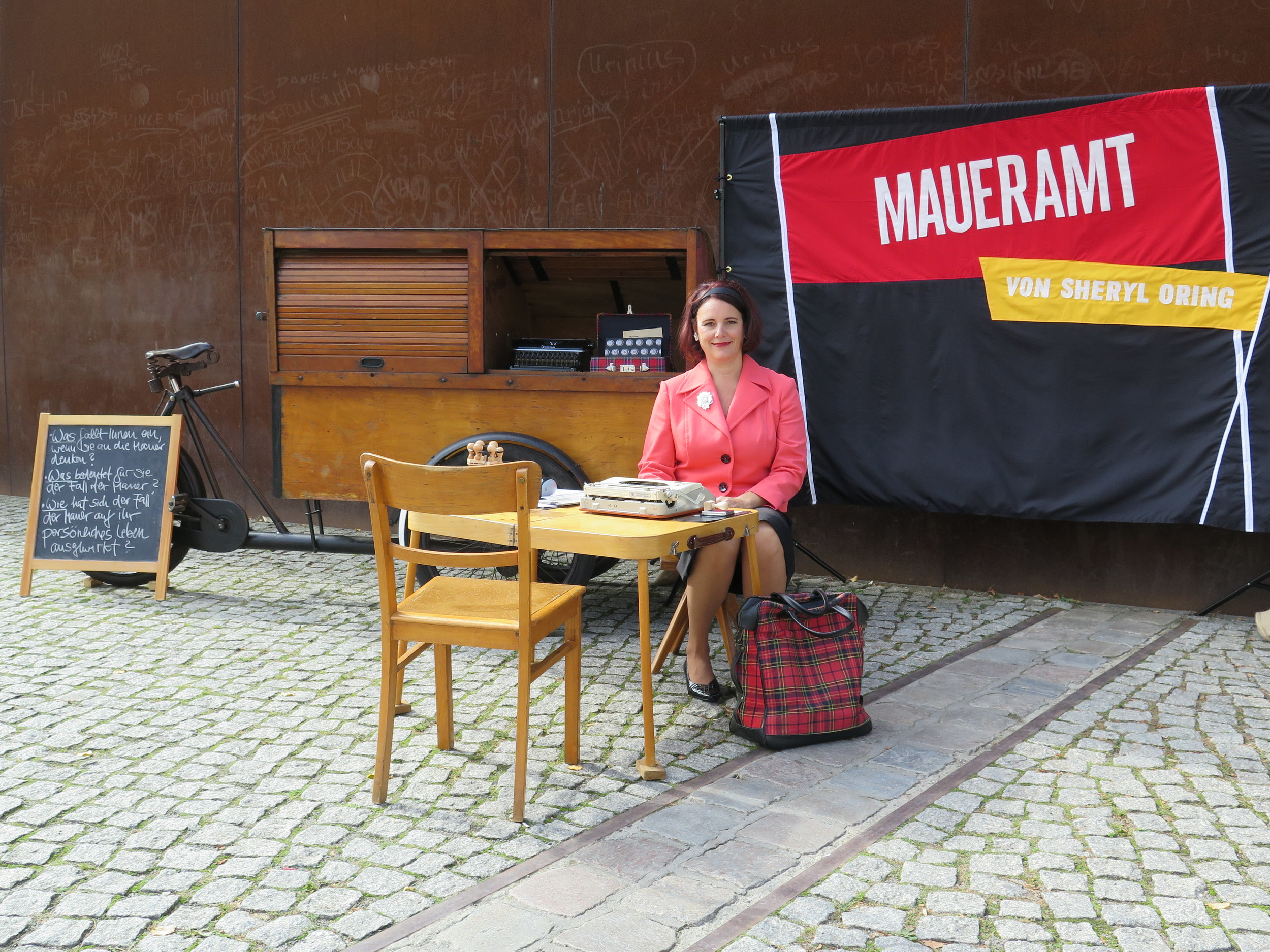
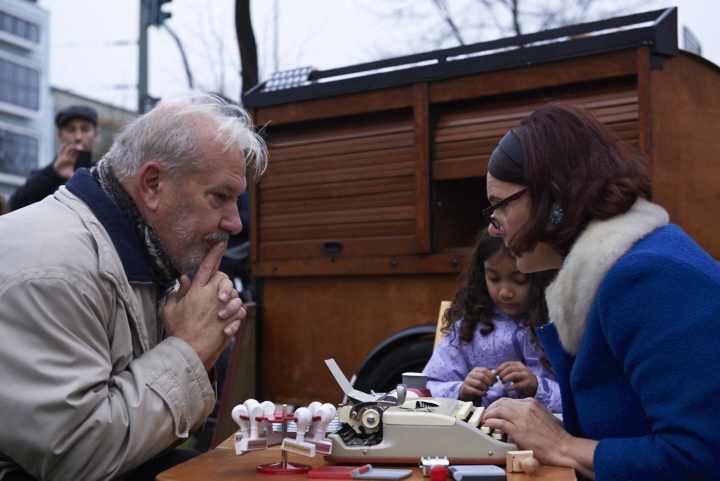
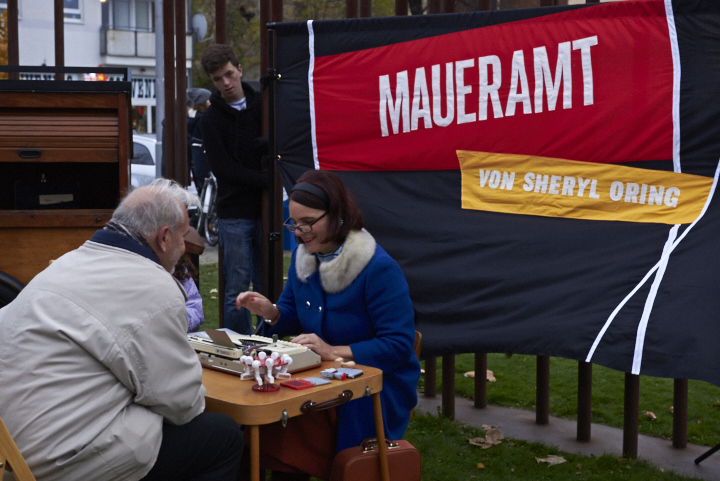
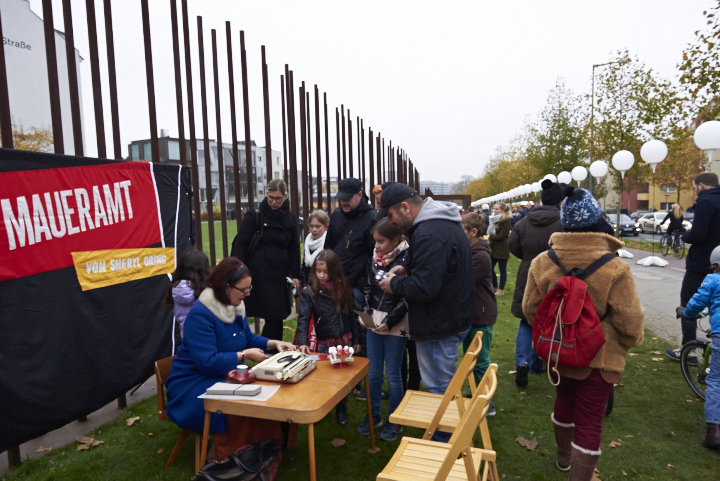

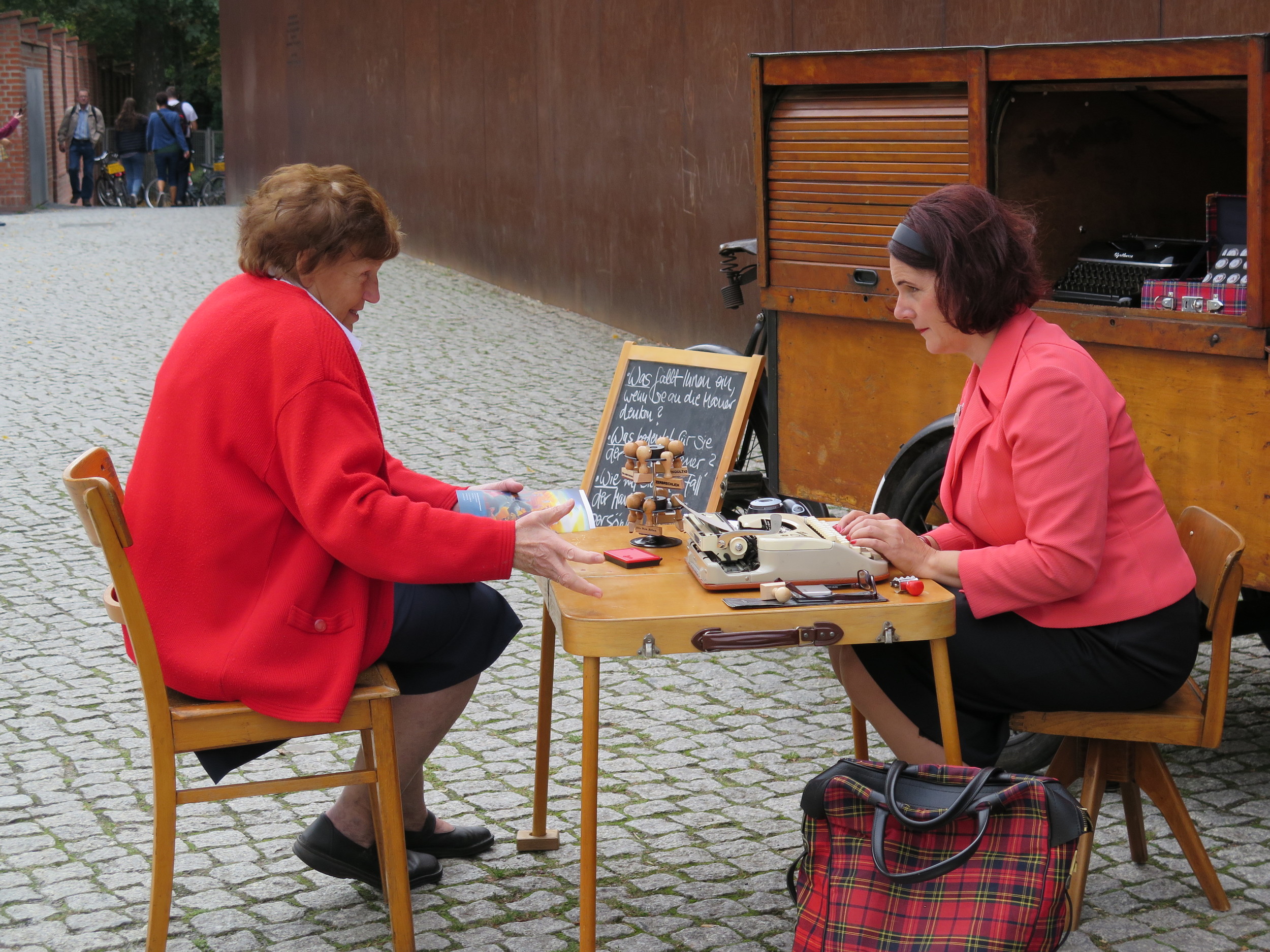
With this project, Oring explores contemporary views about the Berlin Wall in an effort to understand how people think about this divisive element of recent history 25 years after its demise. The work is structured as a series of public performances in Fall 2014 in which Oring sets up the portable “Maueramt” at locations along the former wall and asks questions such as: "What do you think about when you think about the Berlin Wall," or “What would you like the world to remember about the Berlin Wall?” Answers are typed on a manual typewriter onto small sheets of paper and collected for an exhibition at the Museum THE KENNEDYS in Berlin. The exhibition also features Polaroid portraits of each participant.
"Maueramt" is based on a framework Oring developed over the past decade and effectively used for the creation of a public memorial called “Collective Memory,” a work commissioned by Bryant Park in New York City for the 10th anniversary of 9/11. With “Collective Memory,” typists dressed in simple black 1960s office attire sat at a 70-foot-long table directly behind the New York Public Library in Bryant Park. For three days in a row, the typists took dictation in answer to the question: “What would you like the world to remember about 9/11?” The responses told very personal and emotional stories about 9/11. After the performance, the messages were incorporated into an exhibition at the Weatherspoon Art Museum at the University of North Carolina in Greensboro and published in a limited-edition artist book that is now in the permanent collection of academic libraries ranging from the University of North Carolina at Chapel Hill to the Library of Congress.
In this as well as other past projects, the typewriter functions as a curiosity and a conversation piece. In Germany, the typewriter plays an additional role as a signifier of this country’s history. Going back to World War II, typewriters were used by the Nazis to keep meticulous records of all aspects of the war. Today, a visit to the Stasi Archives in Berlin reveals the systematic way East German police tracked citizens; the records are neatly recorded on typewritten cards. Ordinary citizens of East Germany, meanwhile, did not have easy access to typewriters as the machines were strictly controlled as the free exchange of ideas posed a real threat to the government. And recently, the head of Germany’s parliamentary inquiry into the NSA suggested a return to typewriters as a way to stop data leaks.
The project has been made possible by support from 3RadRent Berlin and the following organizations:
